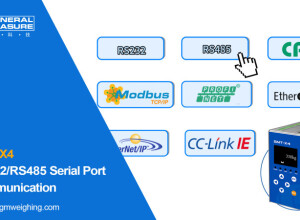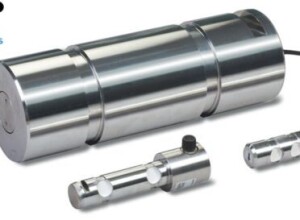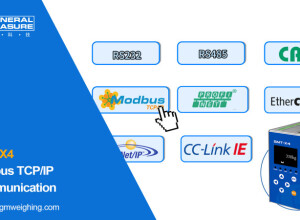WALZ Scale (United States) - By Derek Schussele, WALZ Scale.
Describing the overall business of buying, processing, and selling scrap metal as “dynamic” is a blatant understatement. It more or less resembles a roller coaster ride of pricing, supply, and demand. In the scrap recycling industry, increasing efficiency is an ever present component to achieving a company’s financial goals in this, sometimes uncertain, economic environment. Companies that process scrap are essential to our growing domestic and global economy. This business is an integral part of providing material for our core industrial and technological advances in this modern age. Taking the time incorporating material handler scales into your operation is a small investment that pays global dividends.
Material handler scales are traditionally made up of two main components. The digital indicator that is located in the cab and the scale itself, which resides between the excavator stick and the attachment (grapple, magnet, etc.). The indicator, with the digital screen readout is essentially the “brain” that calculates the weight, and displays each weighment so the operator can visually see and keep track of weighed materials per load, per truck, on a time over date basis. The scale, which is located between the attachment and machine, traditionally utilizes a heavy duty load cell that provides a digital output to the indicator to convert the signal to an accurate weight. When choosing a scale, it’s important to choose one that has been designed specifically for material handling. Trying to adapt scales designed for other machines can lead to less accurate readings and serviceability issues. So the main things to consider when selecting a material handler scale is accuracy of the scale, ease of calibration and operation, having the ability to weigh in-motion as to not slow down the operation, field serviceable design, simple maintenance, and robust construction. The scale needs to be just as, if not more, reliable as the machine that it is attached to because of the harsh conditions and unforgiving environments, that scrap yards quintessentially are. The pace of processing is the pace of payment. A material handler scale is a sure fire way to increase productivity.
It’s important to be able to move and weigh scrap quickly and accurately. Being able to prevent under and overloading of trucks protects and promotes profits and increases the opportunity to move more product and keeping the truck drivers compliant with DOT regulations. Traditionally, material handler operators visually load scrap into trucks. When the truck is weighed, if it is overloaded, it has to return to the material handler to adjust the load resulting in the interruptions of operational workflow. Alternatively, if the truck is under loaded, it may have to return to the loading area to get “topped-off” or, if the truck leaves the site, less scrap is being delivered and therefore being sold. Fortunately, those inefficiencies can be nearly eliminated by the use of an excavator/material handler scale that is specific to material handling applications. By installing a scale directly onto the material handler, the operator is able to accurately monitor a running total of the weight that has been added to a truck. The guesswork is taken out of the loading process. Thus, trucks don’t have to return to have their loads adjusted and trucks can always travel at maximum capacity resulting in an increase in tonnage moved and therefore an increase in profits over time. Material handling excavator scales also assist with stockpile inventory management. Operators can track exactly how much scrap is added to each pile allowing management to know exactly what they can offer clients.
Incorporating material handler scales, into your operation, goes beyond simply attaining accurate weight of material moved. It’s a decision to increase all-around productivity and increase our most valuable asset, time. We cannot always control markets or the seemingly constant shift of the economy, but we can all control how we operate our facilities by making incremental improvements in efficiency. We all want to say at the end of each and every day a job well done, not necessarily attaining perfection, but striving for excellence in everything we do.























Interested? Submit your enquiry using the form below:
Only available for registered users. Sign In to your account or register here.